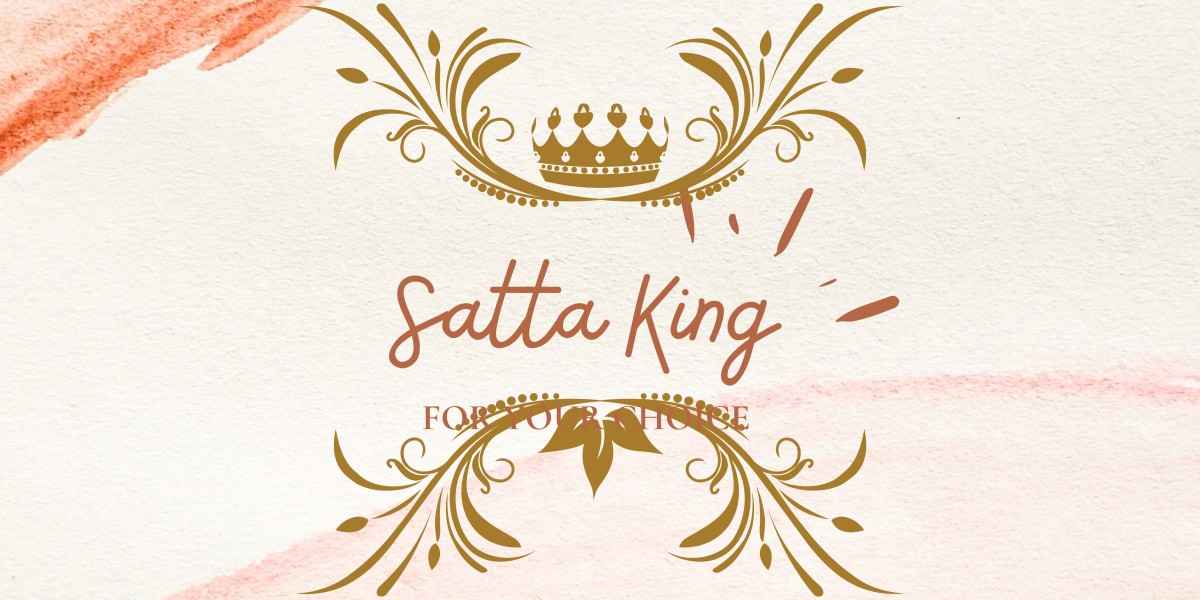In the labyrinth of India’s clandestine gambling underworld, one name reigns supreme – the Satta King. This enigmatic figure, shrouded in mystery and myth, holds sway over the sprawling empire of illicit betting networks that span the length and breadth of the country. Yet, beyond the shadows of secrecy, lies a rich tapestry of narratives, each offering a glimpse into the complex persona of the Satta King. From the dusty lanes of Mumbai's slums to the neon-lit casinos of Goa, this article embarks on a journey to unravel the layers of intrigue surrounding the elusive monarch of the Indian gambling realm.
The Legend of the Satta King
Legend has it that the origins of the Satta King can be traced back to the bustling markets of pre-independence India, where merchants would wager on the prices of cotton traded on the Bombay Cotton Exchange. Over time, this innocent pastime evolved into a full-fledged gambling enterprise, with syndicates vying for control over the lucrative betting markets. As the stakes grew higher and the profits soared, the Satta King emerged as the undisputed ruler of this clandestine domain, commanding both fear and reverence among his subjects.
The Rise of the Empire
Fuelled by the insatiable appetite for risk and reward, the empire of the Satta King expanded rapidly, infiltrating every stratum of society. From rickshaw pullers to businessmen, from housewives to politicians, everyone sought their fortune in the labyrinthine network of satta bazaars and matka dens. With each roll of the dice and every turn of the card, fortunes were made and lost in the blink of an eye, perpetuating the mythos of the Satta King as the arbiter of fate.
The Shadowy Underbelly
However, behind the glitz and glamour lies a darker reality – one marred by exploitation, violence, and despair. In the slums of Dharavi and the back alleys of Kolkata, tales abound of lives ruined by the relentless pursuit of easy money. The Satta King, once hailed as a hero of the masses, is now viewed with suspicion and disdain, his empire tarnished by allegations of corruption and coercion. Yet, despite the crackdowns by law enforcement agencies and the moral outrage of civil society, the allure of the satta bazaar remains undiminished, drawing in new devotees with promises of instant riches.
The Cultural Paradox
At its core, the mythos of the Satta King embodies the paradoxes of Indian culture – the tension between tradition and modernity, spirituality and materialism, order and chaos. In a society where gambling is both condemned as a vice and celebrated as a form of entertainment, the Satta King occupies a liminal space, transcending moral boundaries and societal norms. His presence looms large in the collective imagination, symbolizing the eternal struggle between destiny and free will, fortune and misfortune.
The Enduring Legacy
Despite the moral ambiguities and ethical dilemmas, the legend of the Satta King endures, woven into the fabric of Indian folklore and popular culture. From the pages of literature to the silver screen, his exploits continue to captivate audiences, offering a glimpse into the darker recesses of the human psyche. As long as there are dreams to be chased and fortunes to be won, the mythos of the Satta King will live on, an eternal reminder of the fragility of fate and the folly of human greed.



